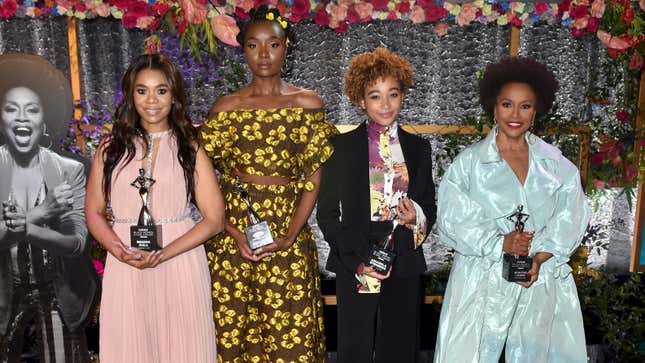Shockingly, Hollywood Seems to Have a Colorism Problem
Latest

Despite making up 6.5% of the U.S. population, Black women and girls only account for 3.7% of the leads and co-leads in the hundred top-grossing films of the last decade. Despite slight improvements in recent years, new research on portrayals of Black women and girls on-screen reaffirms that for Black women, representation is a double-edged sword.
-

-

-

-

-

-

-

-

-

-

-

-

-

-

-

-

-

-

-

-

-

-

-

-

-

-

-

-

-

-

-

-

-

-

-

-

-

-

-

-








































